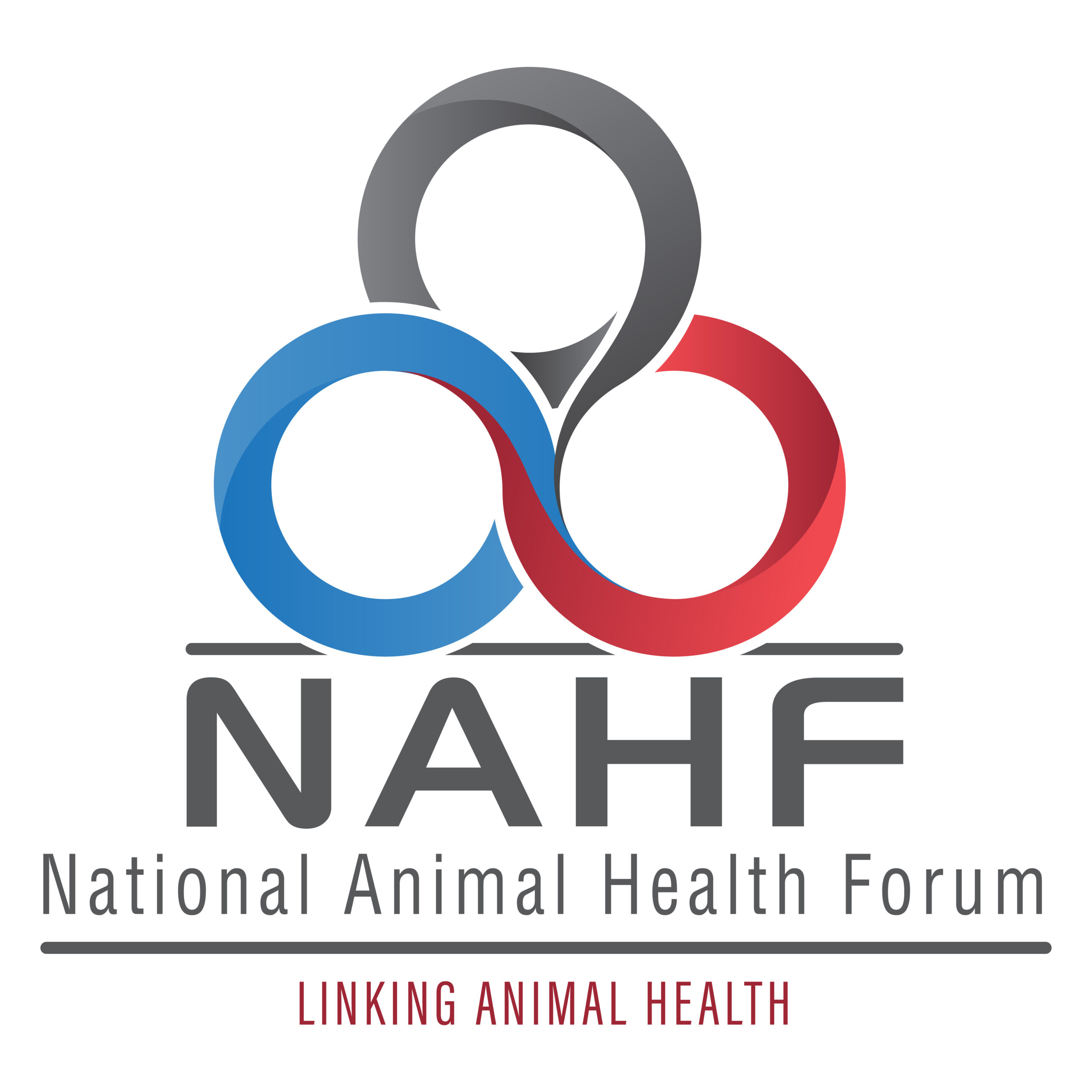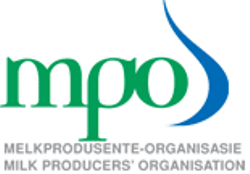
34744840 - success word on compass
In various industries, especially ours, many people dread record-keeping and therefore avoid it. One of the reasons is that it is perceived as taking a lot of time away from our daily “important activities” or, should I say “things we enjoy doing”. We fail to see the value in record-keeping because we are afraid of committing to a goal or taking action to improve our farming systems. This may even be due to a lack of understanding, which leads to poor data recording and use.
“You cannot manage what you do not understand; you cannot understand if you do not measure; what you do not measure, you cannot control.” – Peter Drucker
It is, therefore, important to understand what record-keeping is and why we should invest our time in recording accurate and necessary information that will point us towards success.
What is record-keeping?
It is the accurate, timely, and professional bringing to book of events on-farm. In other words, it is a tool that helps us to establish our position as a farm or as a farmer. It is a tool that helps us avoid making costly mistakes in our decisions and, also, a guide to setting a course for our farming enterprise.
Why keep records?
In the April issue of The Dairy Mail, my colleague, Alex Jenkins, mentioned that a compass is useless if you do not know where you are. If you know where you are, a compass can help you to do the following:
- Know whether you have reached your goals. For instance, if the goal was to increase milk yield and quality, yet no prior records were kept, there would be no point of reference.
- Identify areas for improvement by helping to investigate the causes of unsatisfactory performance. Lower than average milk yield could be due to management issues that may be specific to a stage of production.
- Plan how best to tackle issues, for example, improving management around the dry cow.
- Track production. Keeping track of the body score condition throughout lactation is important.
- Record vaccinations or treatments for traceability and withdrawal periods.
- Improve ease of management by writing down details that you don’t have to remember.
Conclusion
We cannot know whether we are successful in our enterprises unless success is defined and tracked. Recording might not be everyone’s favourite activity, but it is a necessary task which, if done timeously and accurately, will point us towards success.
Published on Monday, 21st September 2020 - 14:29
Recent Posts
disclaimer









